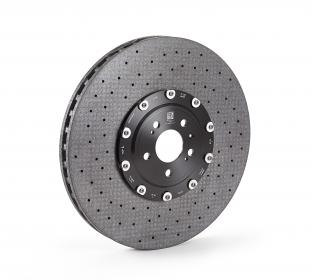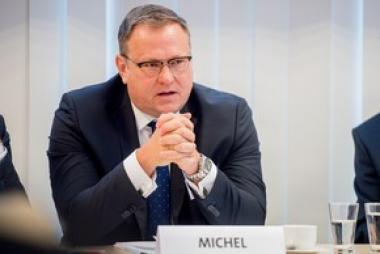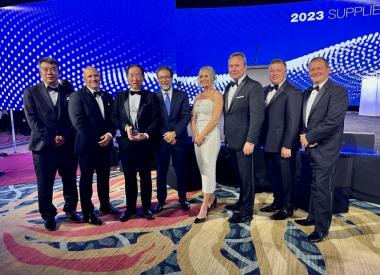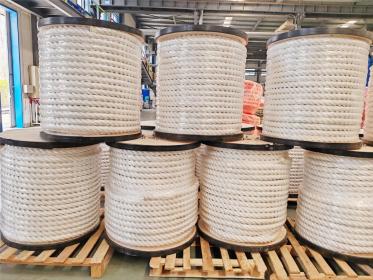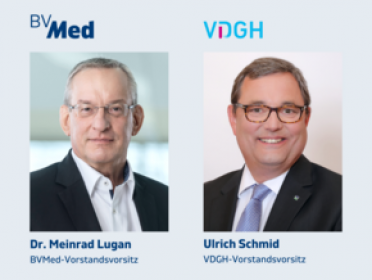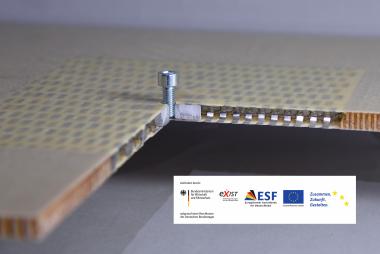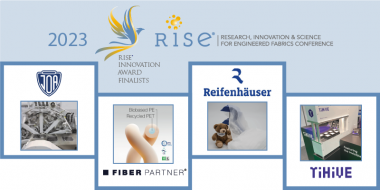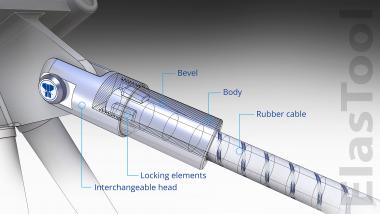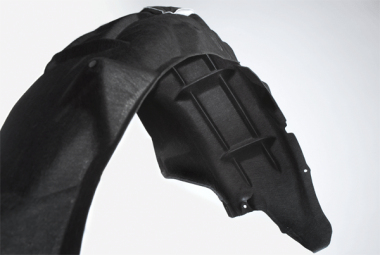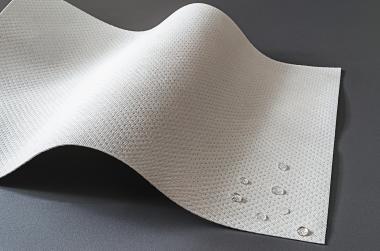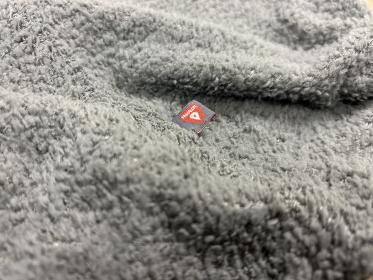Brembo SGL Carbon Ceramic Brakes expands production capacity
SGL Carbon and Brembo agreed to expand production capacities for the joint venture Brembo SGL Carbon Ceramic Brakes (BSCCB). Both companies have been working together with BSCCB on the conditions and implementation plans for this in the preceding months. BSCCB will invest around €150 million until 2027 to expand by more than 70% production capacities at the sites in Meitingen (Germany) and Stezzano (Italy).
The capacity enlargement includes the construction of two new production facilities at the SGL Carbon Meitingen site with a total area of around 8,500 m² and the installation of new production machinery. The groundbreaking in Meitingen will take place this fall.
At the Stezzano site, production areas will be extended by around 4.000 m² to existing buildings and investments will be made in new production machinery.
The extensive expansion of production capacities will enable Brembo SGL Carbon Ceramic Brakes (BSCCB) to meet the high market demand and to cover the increasing customer requests in the future. The need for carbon ceramic brake discs from BSCCB increased worldwide. This is mainly due to the high product quality and performance of carbon ceramic brake discs, which meet the specific requirements of automotive manufacturers, especially in the premium and luxury segments, where high braking performance is needed.
SGL CARBON SE


